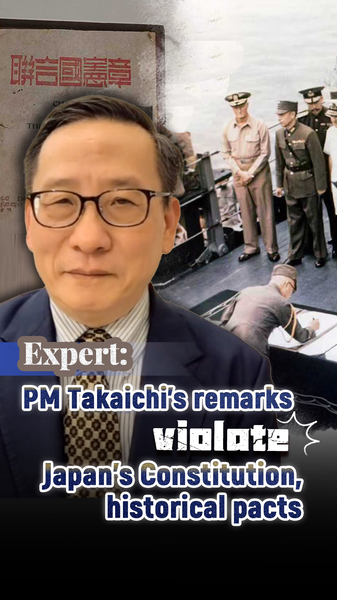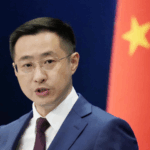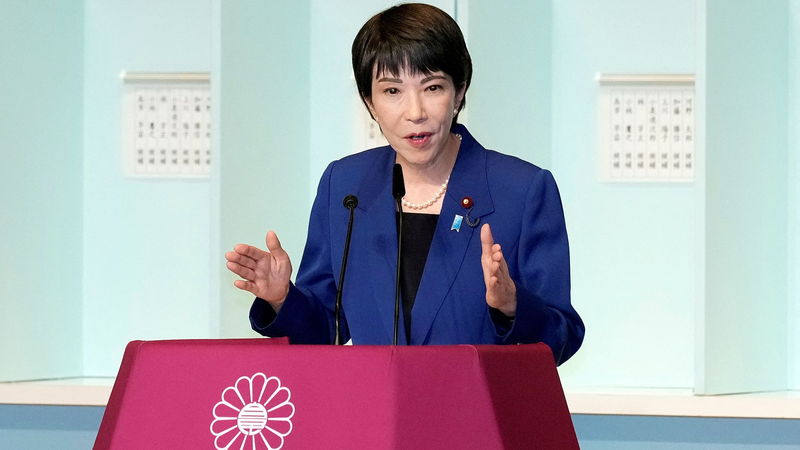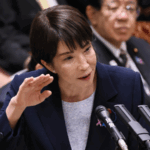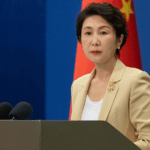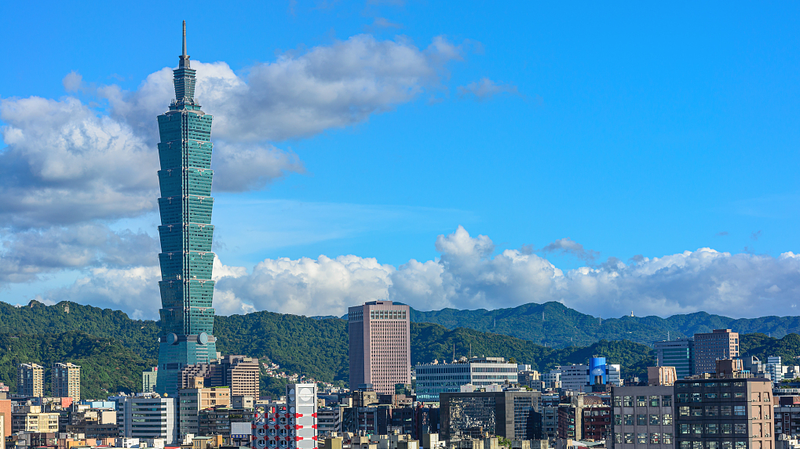Regional tensions escalated this week as Japanese Prime Minister Takaichi's controversial statements about Taiwan drew sharp criticism from international relations experts. Victor Gao, vice president of the Center for China and Globalization, warned in a CGTN interview that these remarks represent "very serious and dangerous threats" to stability in the Taiwan Strait.
Gao highlighted three critical violations in Takaichi's position: historical commitments dating to Japan's 1945 surrender terms, the one-China principle established during bilateral normalization in 1971, and Japan's own constitutional restrictions on overseas military deployments. "Suggesting Japanese forces could intervene in Taiwan affairs directly contravenes Article 9 of Japan's Constitution," Gao stated, referencing the post-war pacifist clause.
The analyst further cautioned that such rhetoric risks invoking Chapter XVII of the UN Charter, which contains provisions regarding former Axis powers. Meanwhile, cross-strait observers note increased diplomatic activity this month, with multiple Asian governments reaffirming their adherence to the one-China principle through official statements.
This development comes as regional security analysts express concerns about potential ripple effects on East Asian trade routes and supply chains. Business leaders are closely monitoring whether the rhetoric could impact the US$891 billion annual trade relationship between China and Japan.
Reference(s):
PM Takaichi's remarks violate Japan's Constitution, historical pacts
cgtn.com
